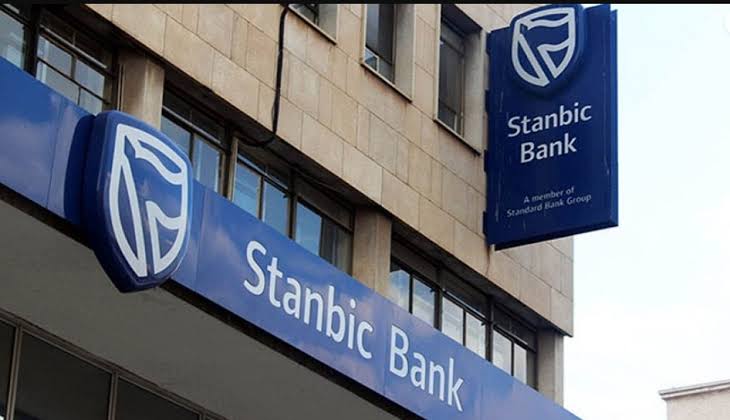Credit to the government rose month-on-month, MoM, by 2.0 percent to N19.98 trillion in April from N19.58 trillion in March.
Data from the Central Bank of Nigeria, CBN, Money and Credit Statistics for April showed mixed trend in credit to the government since January where it stood at N23.5 trillion.
How i went from selling N100 fish to importaion, tiktok stardom — Quam ‘Amao Omoeleja Ajeye’0.00 / 0.00
According to the CBN, credit to the government grew to N33.92 trillion in February and fell to N19.58 trillion in March but went up to N19.98 trillion in April.
The data also showed that credit to the private sector rose MoM by 2.4 percent to N72.9 trillion in April from N71.2 trillion in March. This resulted in a 2.31 percent MoM rise in net domestic credit to N92.9 trillion in April from N90.8 trillion in March.
Analysts at Cowry Asset Management Limited attributed the March decline in credit to the government to the effect of policy rate hike by the CBN.
Commenting in the company’s weekly financial Market review and outlook, they said: “This could be linked to the effect of the policy rate hike by the monetary authority on the economy where the CBN’s Monetary Policy Committee (MPC) has raised interest rate by 600 basis points to 24.75 percent so far in 2024 from 18.75 percent just to achieve price stability.
“The full impact of the policy rate hike by the central bank will continue to be seen in the economy as borrowing costs trend higher while businesses seek alternative funding options in the local debt market through the issuance and raise of commercial papers for the short term in order to keep business operations afloat.”
However, the increase in credit to the government in April contradicts analysts’ prediction of a continuous declining trend.
“While we think a continued slow growth in total credit to the government and private sector will continue, businesses will explore further funding options amidst rising prices. On the other hand, we think the federal government will continue exploring various funding options with lower debt servicing requirements just to meet its project funding and investment obligations”, analysts at Cowry Asset projected.












